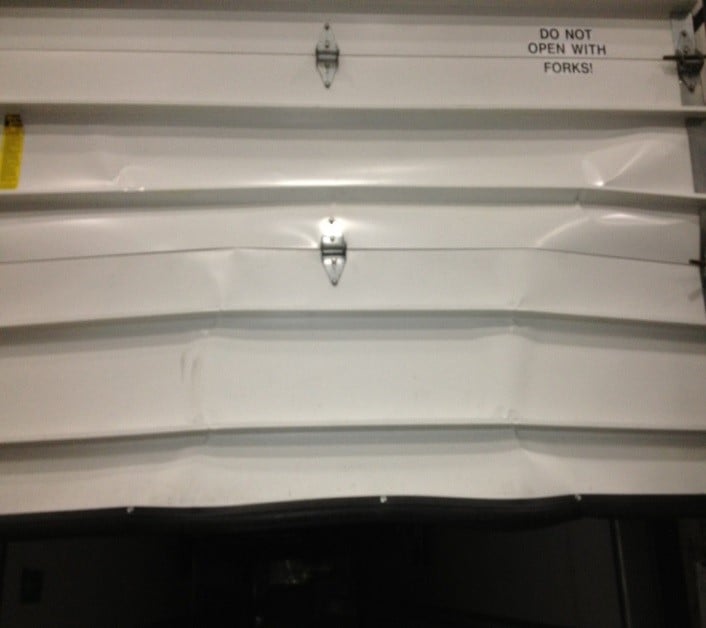
August 10, 2018
As the number of orders continues to rise, the number of truck drivers and trucks on the highway continues to decrease. Get prepared shippers, “you’re in an environment where the capacity shortage and the driving shortage, the driver shortage is not likely to be cured anytime soon,” chairman & CEO Robert Sanchez of Ryder System, Inc said.
A large number of factors play a key role in capacity crunch in today's seller's market. According to Forbes Magazine, shippers caused the truck driver shortage. The trucking shortage is being driven by lower unemployment rates that lead to a positive consumer outlook and people are buying more goods. The 18-degree temperature drop last year from prior winters caught the entire freight industry off-guard last year in 2017.
The 2018 ELD (Electronic Driver Log) mandate has made an impact, a more significant modification to the trucking industry than others tend to admit. Since these mandates, productivity in drivers has dropped 3-5% and there was a 16% reduction in the average number of miles driven per day. Demographics of the destinations are another reason for the driver shortage, but the biggest reason for the driver shortage are the drivers' wages.
As a result of these factors, the effects are troubling for shippers:
In order to keep up with today's economy, there are a few strategies that shippers could look to help keep their bottom line cost as low as possible.
Have a timely loading and unloading process: In doing this, the shipper will build and strengthen relationships with their carriers and limit delays and changes to the freight loads.
Provide clean restrooms and lunch/break rooms: These small gestures mean a lot to drivers who are constantly on the road and will create a more positive atmosphere for drivers that enhance the carrier's relationship with the shipper.
Invest in a private or dedicated fleet: A private fleet provides a company with complete control along with the advantages of guaranteed capacity, supply chain control, and visibility of the entire operation. A dedicated fleet allows companies to have all the benefits of owning a fleet without having to manage it, while lowering their transportation spend. A dedicated fleet guarantees capacity, gives the company visibility it needs, and has the opportunity to make extra revenue through backhauls.
Explore converting truck shipments to intermodal or rail transport: While this option has its pros and cons, it may be cost effective for longer trips versus shorter trips, but you increase security of the goods, and improve highway safety by removing trucks from the roads. On the other hand, it can also have slower transit times, less reliability, increased risk of damage, and a higher infastructure cost.
Tap into 3PL services and carrier networks: This option will deliver pre-qualified carriers that are monitored daily as well as give access to a broader range of carriers and shipping rates.
As you can see, the demand for drivers becomes more and more, but the demand for same-day shipping grows, so does the need for transportation in the supply chain. This is one of the reasons there has been a lot of research done in driver-less trucks. Solving this problem is the key to a very complex question that does not just have one answer. What solution do you have, or what would you do to help curb this problem?
Tags:

Have you ever incurred damage to your warehouse roll-up door because of a truck or forklift? A cost of warehouse operations and maintenance that is often overlooked is damage caused by vehicular...
-1.png)
At Verst Logistics, we’re always focused on finding ways to better serve our customers—and that starts with strong leadership. That’s why we’re excited to announce the newest addition to our team:...
Resources
Connect